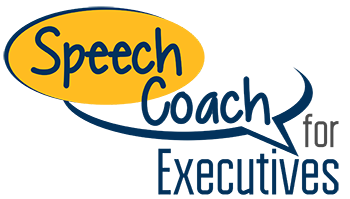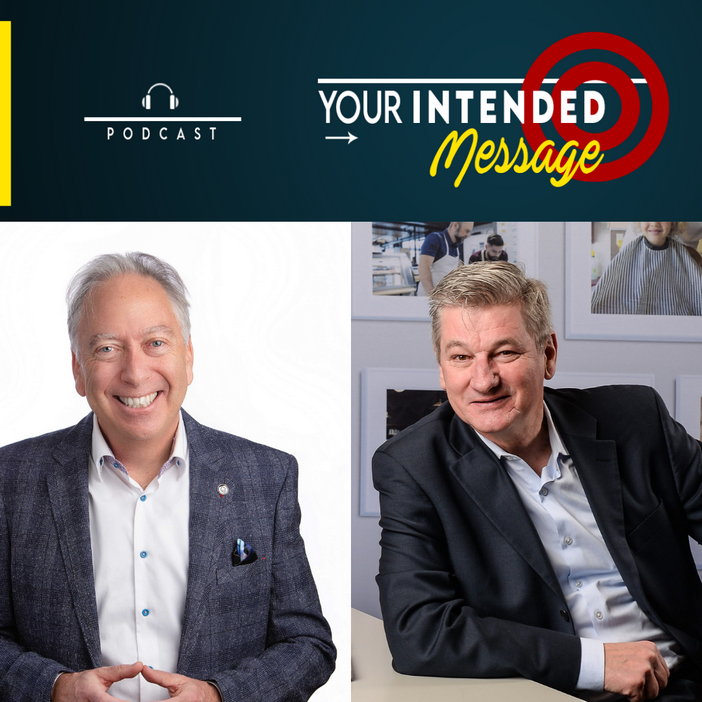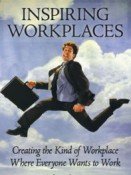Humor in the Workplace. Laugh more at work: Michael Kerr
Humor in the Workplace as a communication tool
Get ready to laugh your way to success in this hilarious podcast episode! George Torok sits down with Michael Kerr, the workplace culture and humor guru, to uncover the secrets of the humor advantage. Brace yourself for some serious chuckles as they reveal how humor can work wonders for businesses. Say goodbye to high turnover rates, absenteeism, and stress, and hello to collaboration, creativity, and innovation!
But wait, there's more! They dive into the importance of creating a workplace culture that's as inspiring as a comedy show. Get ready to roll on the floor laughing as they share insights from Michael's book, aptly titled "The Jerk-Free Workplace." Discover the power of saying no to jerk-like behavior and yes to a culture of psychological safety. It's time to create a workplace where everyone can thrive and crack jokes without fear!
And hey, even a pandemic can't dampen their spirits. They explore hilarious ways leaders can connect with their dispersed workforce. From regular check-ins that'll have you in stitches to video messages that'll leave you in tears (of joy, of course), they've got it all covered. Don't forget the virtual rituals that'll have your team laughing together, even from a distance.
So, grab your popcorn and get ready for a side-splitting journey into the world of workplace humor. This podcast episode will have you laughing all the way to success!
The Humor Advantage [00:02:20] The benefits of infusing humor in the workplace, including lower turnover rates, less stress, and improved collaboration and creativity.
The Need for More Humor in Workplaces [00:04:22]
The importance of incorporating humor in the workplace to create a positive and inspiring culture, and how humor can help individuals be more effective and professional.
Creating a Jerk-Free Workplace [00:08:23]
The steps to create a jerk-free workplace, including hiring for attitude and emotional intelligence, setting clear expectations, and promoting a culture where jerk-like behavior is not tolerated.
The importance of humor in job interviews [00:11:25]
Using humor in job interviews to gauge candidates' ability to think on their feet and have a sense of humor.
Creating a jerk-free workplace [00:12:53]
The importance of setting guidelines for humor in the workplace to ensure it is positive, respectful, and builds relationships.
The role of the office joker [00:14:41]
The study on the importance of the office joker in maintaining morale, building trust, and challenging senior leadership in a funny way.
The benefits of injecting fun into meetings [00:21:49]
Michael discusses the importance of making meetings fun and shares over 100 ways to inject fun into meetings, including icebreakers and games.
Dealing with a boss's inappropriate humor [00:26:24]
Michael advises on how to address a boss who crosses the line with their humor and suggests having a constructive conversation in a neutral setting.
The dynamics of humor and power in the workplace [00:29:30]
George and Michael discuss how humor can bring people together when directed at those with more power, but can have the opposite effect when powerful individuals target those with less power.
The importance of checking in with employees [00:32:28]
Checking in with employees, even when not talking about work, boosts morale and increases trust.
Weekly video messages with humor and authenticity [00:33:24]
Leaders can send weekly video messages to employees, updating them on work and injecting humor and authenticity.
Creating rituals and traditions for a strong workplace culture [00:34:26]
Leaders should look for opportunities to create rituals or traditions that give employees something to look forward to and build a strong workplace culture.
The Power of Humor in the Workplace: An Interview with Michael Kerr
As a podcast host, I recently had the pleasure of interviewing Michael Kerr, a renowned expert on workplace culture and humor. We had an enlightening conversation about the role of humor in the workplace, the importance of creating a jerk-free environment, and how leaders can better connect with their dispersed workforce during the pandemic. Here's a recap of our discussion.
The Humor Advantage
Michael Kerr and I kicked off our conversation by discussing the concept of the humor advantage. According to Michael, humor can significantly benefit businesses by reducing turnover rates, absenteeism, and stress. It also promotes collaboration, creativity, and innovation. However, having a healthy sense of humor isn't about being a stand-up comedian. It's about authenticity and learning to laugh at things beyond our control.
The Role of Humor in Workplace Culture
When I asked Michael if many companies lack humor in their workplaces, he responded that it's not just about humor. It's about creating a positive and inspiring culture. Some companies recognize the need to infuse more humor and fun into their work environment, while others already have high levels of humor and fun. Interestingly, Michael pointed out that the prevalence of Dilbert cartoons in a workplace could be a reflection of its culture. More Dilbert cartoons might indicate a less positive and healthy environment.
Creating a Jerk-Free Workplace
Our conversation then shifted to Michael's book, "The Jerk-Free Workplace." We discussed the importance of not tolerating jerk-like behavior in the workplace. Michael emphasized the need for proper hiring practices to filter out potential jerks. He shared an example of how some companies use unconventional interview questions to gauge a candidate's ability to think on their feet and have a sense of humor.
The Role of the Office Joker
We also discussed the role of the office joker in maintaining morale, building trust, and challenging senior leadership in a funny way. Michael compared the office joker to the historical role of court jesters, who were confidants and trusted advisors to royalty. He advised leaders to listen between the punch lines and use humor as an opportunity to open up communication and address issues in the workplace.
Injecting Fun and Humor into Meetings
Michael stressed the importance of injecting fun and humor into meetings to create an open and innovative culture. It's not just about telling jokes, but finding creative ways to make meetings enjoyable and engaging. He suggested various icebreakers and games that can be used to set a positive tone, relax participants, and bring them into the present moment. Examples include whirlwind questions, alter ego nametags, theater improv games, and the name in the hat game.
Connecting with a Dispersed Workforce
In the context of the pandemic, I asked Michael for ideas on how leaders can better connect with their dispersed workforce. He emphasized the power of checking in with employees, not just checking up on them. He suggested leaders schedule regular calls to genuinely check in on their employees, even if it's not about work. This simple act has been shown to boost morale and increase trust.
Michael also suggested that leaders send weekly short video messages to their employees. These messages can provide updates, inject humor, and talk about things employees might be missing from the office. By being real, human, and authentic, leaders can make their employees feel appreciated and valued.
Conclusion



